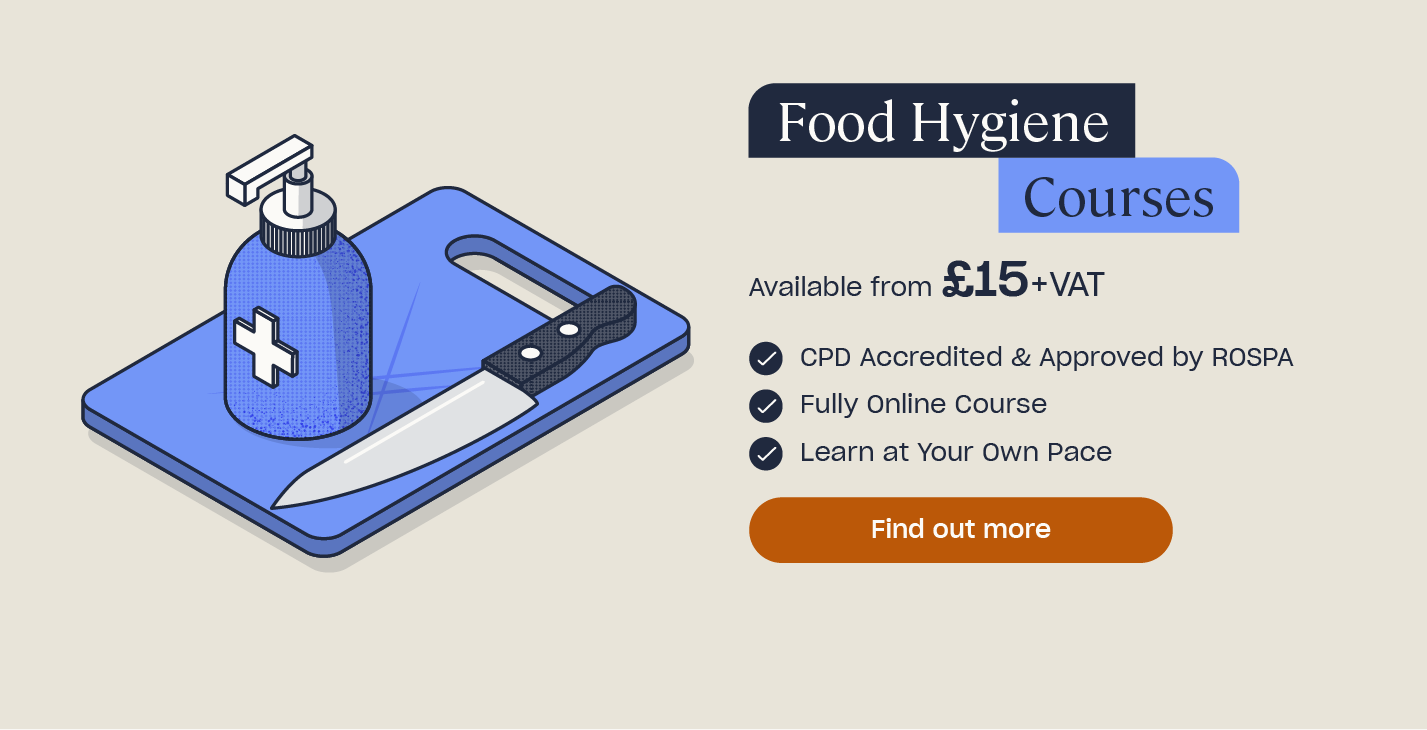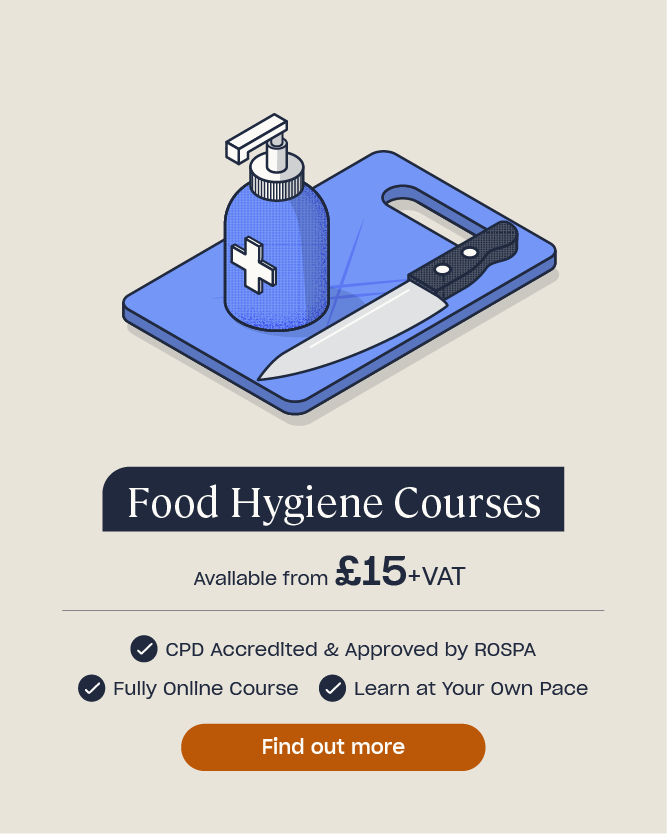Christmas Food Safety Quiz
How Much Do You Know About Food Safety at Christmas Quiz
Christmas dinner is one of the largest meals we will prepare in a year. Whether you are cooking for work, friends or family, chances are you will have a lot of hungry people hovering round the kitchen, ready to hoover up the crispy potatoes and ‘spare’ pigs in blankets. Whilst cooking for many can be fun, it can also be frantic, and that’s when food safety could suffer. Storing vast amounts of food, prepping ingredients, cooking large quantities of items, keeping them warm and catering for dietary requirements can be a real headache, and that’s without the glass of bubbly! Take our quiz below to see if you know how best to make your Christmas dinner the safest as well as the tastiest.
When you take your turkey home you need to keep it refrigerated, what else is important to consider when placing it in your fridge?
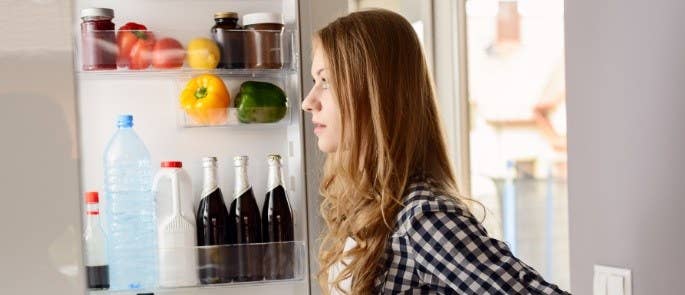
By placing raw poultry on the bottom shelf of the fridge you minimise the risk of any juices dripping onto food items below. This helps avoid bacterial contamination from the raw turkey to other food items in your fridge. Never place other items directly on top of the turkey, even if it is covered, as this will likely spread bacteria.
Your fridge is looking a bit full now, but it's important to keep it cold. What is the maximum temperature food can reach when stored under refrigeration?

Fridges should not run any warmer than 8 °C, however it is recommended by the Food Standards Agency they should operate at 5 °C. This is because some bacteria can continue to grow at temperatures lower than 8 °C.
Food should always be cooked thoroughly as lukewarm dinners are unappetising enough without the threat of food poisoning! When cooking food, how hot and for how long does it need to be in order to be safe from harmful bacteria?
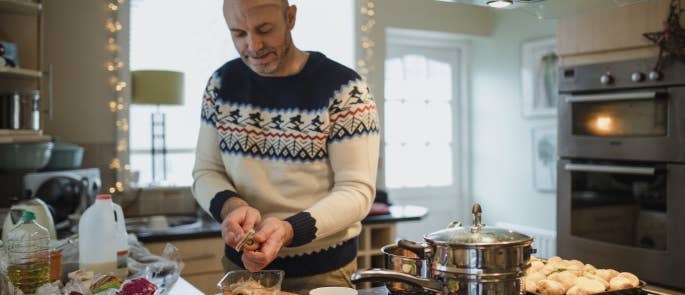
Cooking food to 70 °C is recommended by the Food Standards Agency as being the safest temperature. At 60 °C the proteins in bacteria begin to break up and die, cooking food to a higher temperature will ensure the bacteria is removed. Both temperature and time are important as the proteins in the food need to be heated up for a specific duration to ensure the bacteria is gone.
When there's a lot going on in the kitchen, what simple step can you take to avoid cross contamination whilst preparing the Christmas meal?
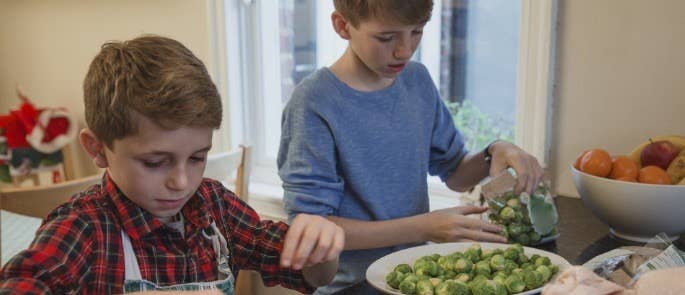
You should never wash raw meat as you risk splashing bacteria across your kitchen, potentially onto ready to eat foods. This could cause terrible food poisoning. This is the same reason you should not use the same utensils when preparing your meal, and why you shouldn't reuse tin foil or other coverings. By cleaning as you go you ensure each dish you make starts clean and ends clean.
Preparing food in advance is a great way to save time on the day. For example, you could make soup for a starter and freeze it. Do you know how long you can store it in the freezer for?
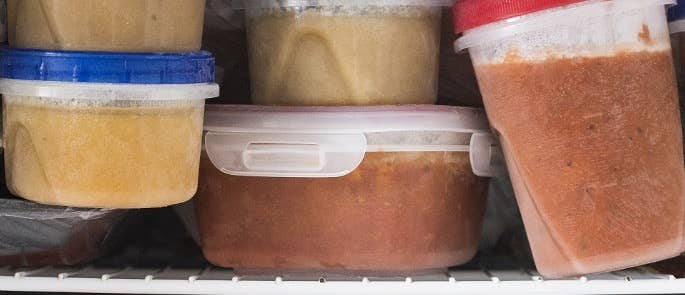
Most food items can be stored in the freezer for up to 3 months, but soup is one of the few items that still taste great up to 6 months! With most foods, once frozen they will taste better the sooner you eat them.
You’ve prepped the turkey and got it safely in the oven. As you are ready to move on to preparing vegetables, do you know how to clean down properly to prevent the spread of bacteria in your kitchen?
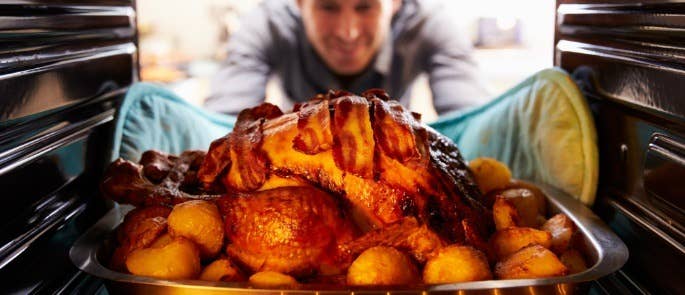
You should use a sanitiser for a two-stage approach. The first application removes any dirt, grease or food residue, the second application disinfects the surface. Detergents or warm water will not kill bacteria, and disinfectants do not work effectively on visible dirty surfaces.
As you run out of room in the fridge something needs to come out. Which one of the following needs to stay in the fridge for safety reasons?
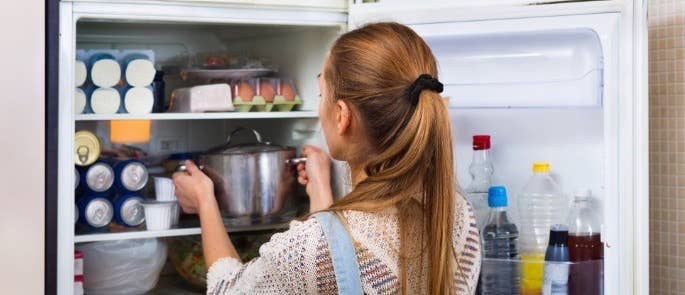
If your fridge is looking full, take out items that don't need to be chilled, such as beer. This will make room for the items that do need to be chilled for safety reasons, such as raw meat and ready-to-eat food.
Most bacteria will grow at temperatures above 8 °C and below 63 °C, this is called the Danger Zone. When defrosting food, how do you do so safely?
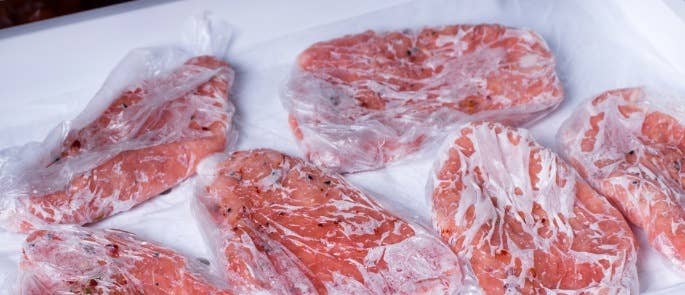
Defrosting food in a fridge will control the temperature of the food ensuring it doesn’t enter the Danger Zone. Defrosting food overnight means it is fully defrosted throughout. This will limit the growth of bacteria.
When Christmas dinner is over and you have a mountain of turkey leftover, remember you can keep it to eat later! How should you store leftovers?
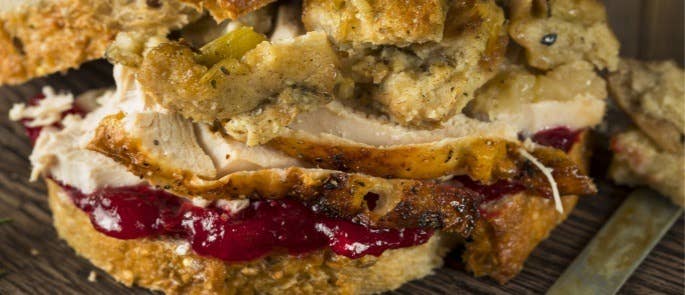
It is best to wrap food items separately so that the food doesn't become tainted, this will also reduce the spread of bacteria. Cooked meat must be kept cool to prevent the growth of bacteria. If you plan on eating your leftovers quickly, they will be best kept in the fridge for a couple of days. Should you wish to freeze them, make sure they are well wrapped and they will last in the freezer for a couple of months.
Somehow, you didn’t get around to eating all the mince pies, and they have a best before date of 26th December, can you still eat them after this date?
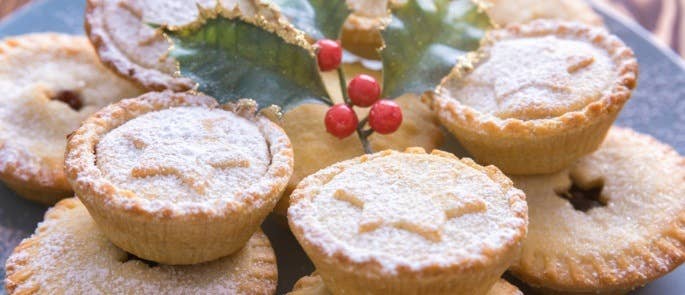
Food that has passed its best before date is not unsafe to eat, but it may lose some of its flavour, texture and quality. Food that is passed its use by date should not be eaten as it will contain harmful bacteria.
Share your Results:
What To Read Next:
- Food Hygiene Online Training
- 7 Times Christmas Health and Safety Was Taken Too Far
- Fire Safety Tips for Christmas
- Planning a Christmas Dinner: Free Checklist
- Managing Your Mental Health at Christmas
- Turkey Food Safety: Tips for Christmas Food Safety


